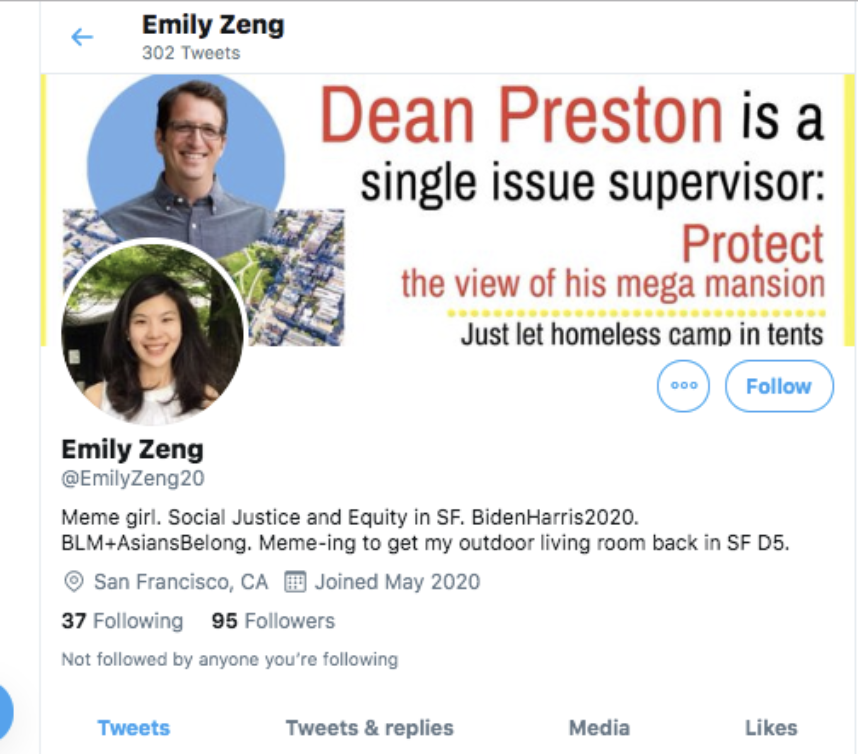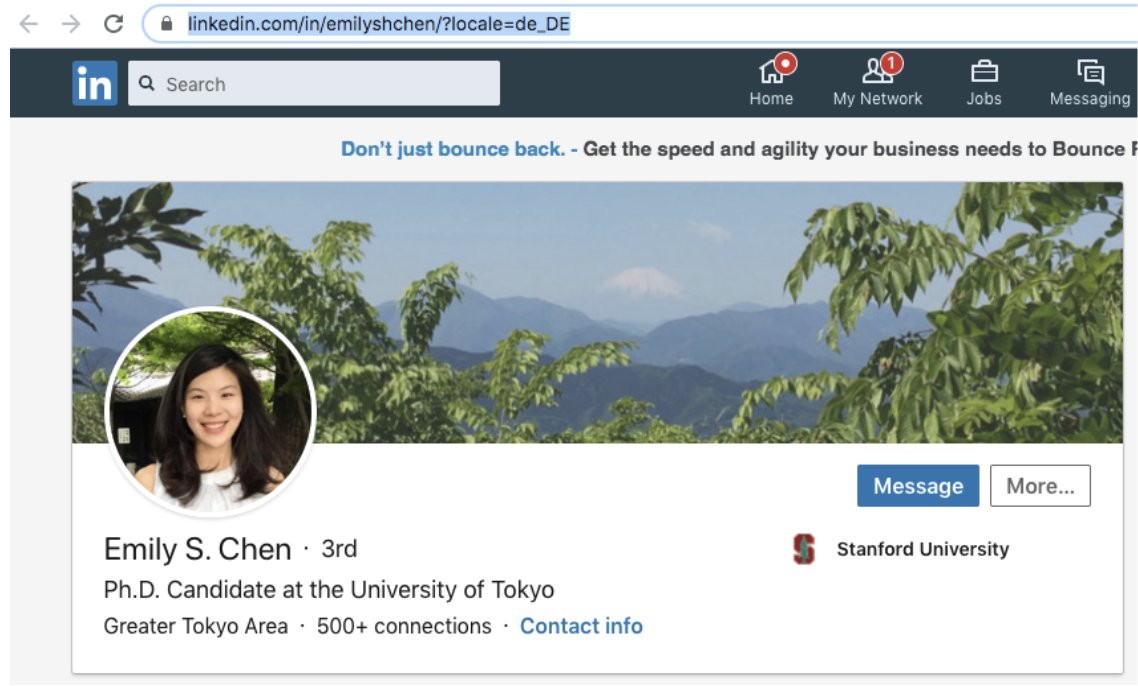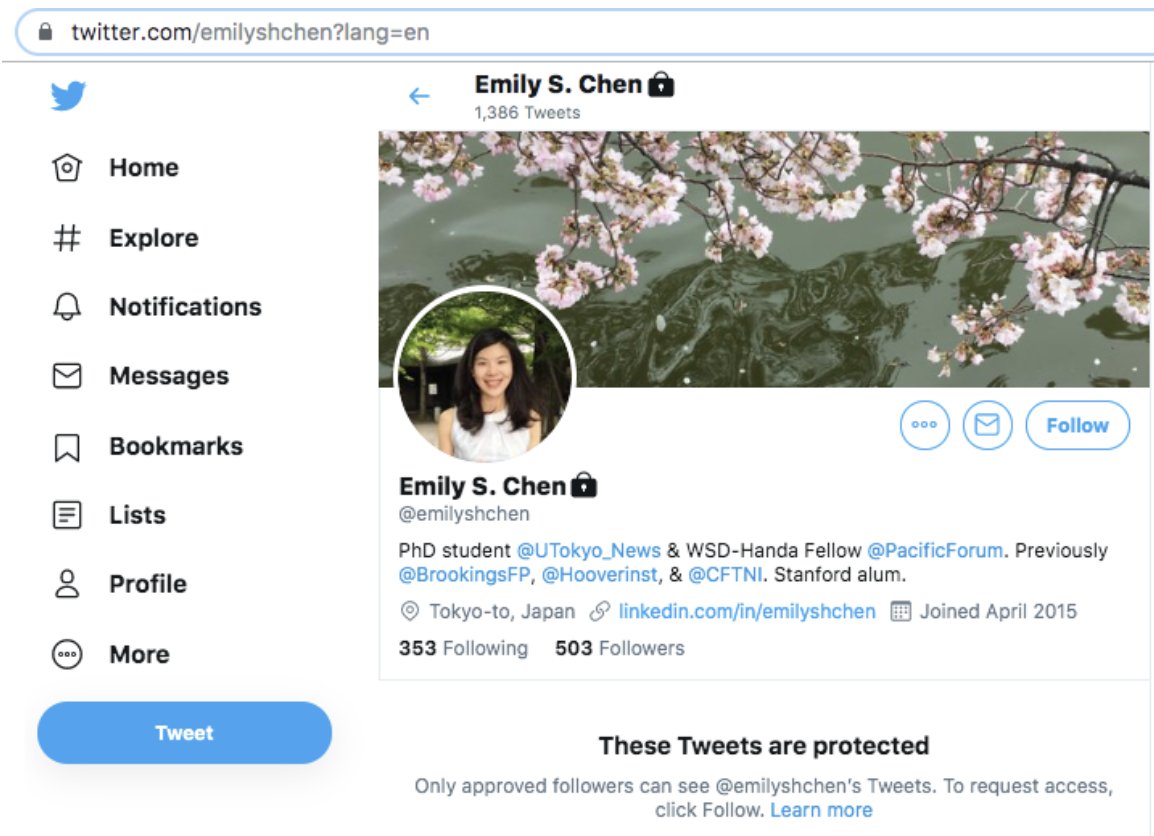As some of you already know, for the last two years I've run tech for a pretty amazing side project – but been on the fence about sharing my involvement.
On June 1st my partner @ebakerwhite1 and I released plainviewproject.org
THREAD 🧵 – let's talk about tech and activism.
On June 1st my partner @ebakerwhite1 and I released plainviewproject.org
THREAD 🧵 – let's talk about tech and activism.
(Let me preface with: Cops are heroes. But we need to know that ALL officers have ALL of our backs, no matter our race, religion or ethnicity.
These aren't "a few bad apples" – it hints at a pervasive sub-culture of bigotry in the organizations we task with defending civility.)
These aren't "a few bad apples" – it hints at a pervasive sub-culture of bigotry in the organizations we task with defending civility.)
I've decided to attach my name to this on the off chance that it will inspire someone in tech to get more involved with their local community.
Tech has an "ivory tower" problem, in part because we (often unintentionally) are so isolated from the people who use what we make.
Tech has an "ivory tower" problem, in part because we (often unintentionally) are so isolated from the people who use what we make.
The tools we create have the amazing power to amplify anything they touch. It is our *choice* about what to amplify that can have a profound impact on the world around us.
Emily reached out to me with a much smaller scope – a story focused exclusively on the Philadelphia area.
Emily reached out to me with a much smaller scope – a story focused exclusively on the Philadelphia area.
After a discussion about project goals, we agreed to work together on something larger.
A single engineer was able to scale up operations to eight cities, and help turn this into a national story.
I am immensely proud of this project, so excuse me while I brag for a moment:
A single engineer was able to scale up operations to eight cities, and help turn this into a national story.
I am immensely proud of this project, so excuse me while I brag for a moment:
We launched with an article in @BuzzFeedNews, written by the amazing @emilyhoerner and @ricktulksy
buzzfeednews.com/article/emilyh…
buzzfeednews.com/article/emilyh…
We were picked up by many more including:
@nytimes
nytimes.com/2019/06/03/us/…
@washingtonpost
washingtonpost.com/nation/2019/06…
@NPR
npr.org/2019/06/19/734…
@NBCNews
nbcnews.com/news/us-news/l…
@CNN
cnn.com/2019/06/20/us/…
And CNN cable TV spots on both @donlemon & @smerconish's shows.
@nytimes
nytimes.com/2019/06/03/us/…
@washingtonpost
washingtonpost.com/nation/2019/06…
@NPR
npr.org/2019/06/19/734…
@NBCNews
nbcnews.com/news/us-news/l…
@CNN
cnn.com/2019/06/20/us/…
And CNN cable TV spots on both @donlemon & @smerconish's shows.
But for me it was the positive local coverage that was most heartening:
@azcentral in Phoenix
azcentral.com/story/news/loc…
@RiverfrontTimes in St. Louis
riverfronttimes.com/newsblog/2019/…
@Dallasinformer in Dallas
dallasinformer.com/392774/lowligh…
@PhillyInquirer in Philly
inquirer.com/news/philadelp…
@azcentral in Phoenix
azcentral.com/story/news/loc…
@RiverfrontTimes in St. Louis
riverfronttimes.com/newsblog/2019/…
@Dallasinformer in Dallas
dallasinformer.com/392774/lowligh…
@PhillyInquirer in Philly
inquirer.com/news/philadelp…
And the local community responses didn't disappoint:
philadelphia.cbslocal.com/2019/06/20/ral…
phoenixnewtimes.com/news/police-sh…
https://twitter.com/MissJupiter1957/status/1136319030808207362
philadelphia.cbslocal.com/2019/06/20/ral…
phoenixnewtimes.com/news/police-sh…
Finally, (and I've saved the best for last!) we were mentioned by U.S. House Rep @LacyClayMO1 in a hearing on the federal response to white supremacy in the House oversight committee:
c-span.org/video/?461379-…
c-span.org/video/?461379-…
All of this was only possible because of technology's ability to up-level the impact of an already amazing project.
But at the end of the day, that is all the tech can provide – amplification. It is a tool, and our choices of where and how to apply it are what matter.
But at the end of the day, that is all the tech can provide – amplification. It is a tool, and our choices of where and how to apply it are what matter.
Here in Silicon Vally it's so easy to get lost in the tool.
We debate every day how to optimize, organize, and refine our code.
It's important to acknowledge the position of privilege we are in that can afford us this obsessive focus on technical perfection.
We debate every day how to optimize, organize, and refine our code.
It's important to acknowledge the position of privilege we are in that can afford us this obsessive focus on technical perfection.
But in just the last few years I feel like we've seen developers wake up to the realization that what we build has an impact on the world.
No, we can't all make big choices on content moderation, facial recognition deployments, or how to craft a hippocratic oath for engineers...
No, we can't all make big choices on content moderation, facial recognition deployments, or how to craft a hippocratic oath for engineers...
What we *can* do is make the choice to step outside of our industry, look at the local community, and discover a space ripe to share some of our technical privilege.
We can choose to help other people do what they love faster, so all of us can create the future we want, faster.
We can choose to help other people do what they love faster, so all of us can create the future we want, faster.
There are many ways to get involved as a technical contributor in your community:
- Do data work for a grassroots campaign
- Run IT for the neighborhood democratic club
- Help your local paper on a data journalism project
- Offer website assistance to a non-profit
- Do data work for a grassroots campaign
- Run IT for the neighborhood democratic club
- Help your local paper on a data journalism project
- Offer website assistance to a non-profit
However (especially because of tech's existing ivory tower problem) it's important to always approach with the mindset of a tech ambassador.
Wherever you go, make sure you:
Wherever you go, make sure you:
1. Arrive with humility.
The "tech savior complex" is real, and it's bullshit. We offer a tool – they're the boots on the ground. Respect everyone's expertise and they'll respect yours.
The "tech savior complex" is real, and it's bullshit. We offer a tool – they're the boots on the ground. Respect everyone's expertise and they'll respect yours.
2. Learn to speak the language.
You can't help without knowing the landscape. Spend time to learn everything you can about the problem space before diving in. Never underestimate the power of being a good student.
You can't help without knowing the landscape. Spend time to learn everything you can about the problem space before diving in. Never underestimate the power of being a good student.
3. Address their needs, not yours.
As engineers we are trained to hyper-optimize. It hurts, I know, but the MVP is often more than enough. Before you dive in, make sure you're actually fixing the problem you've been told is important. Trust your partners to know what they need.
As engineers we are trained to hyper-optimize. It hurts, I know, but the MVP is often more than enough. Before you dive in, make sure you're actually fixing the problem you've been told is important. Trust your partners to know what they need.
4. Show up.
The best way to find new opportunities is to meet people where they are – literally! Make sure you're present at the meetings and meetups. Who knows, maybe you'll even find some new friends. Short-term results are great, long-term relationships make them permanent.
The best way to find new opportunities is to meet people where they are – literally! Make sure you're present at the meetings and meetups. Who knows, maybe you'll even find some new friends. Short-term results are great, long-term relationships make them permanent.
The rewarding results from #PlainViewProject, and from my other mission driven side projects, have only made me want to dig in harder on impact-focused tech. I'm excited to keep exploring the intersection of tech and community activism. (Big announcement on that coming soon!)
In the meantime, if anyone is interested in choosing to focus their technical skills on local community work as their side hustle, or if you are a community minded organization in need of technical resources, feel free to reach out – I'll do my best to help make a connection. ❤️
• • •
Missing some Tweet in this thread? You can try to
force a refresh












